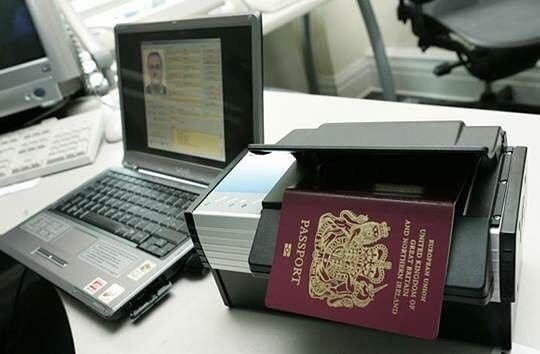When money and property pass down through generations, most people assume the process is straightforward. But in reality, inheritance across borders is one of the trickiest areas of international finance and law. For men who build wealth abroad,or expect to inherit assets from family living in different countries,the wrong move can cost fortunes. Protecting your inheritance requires not only understanding the law but also anticipating the traps that governments, banks, and even family dynamics can create.
This guide unpacks the key considerations every man should know about safeguarding inheritances when they cross borders.
1. Understand Cross-Border Inheritance Laws
Inheritance rules vary drastically by country. Some nations operate under “forced heirship” laws,common in Europe, the Middle East, and parts of Africa which require assets to be divided among children or spouses in specific ratios, regardless of the deceased’s will.
For example:
- In France or Spain, a man cannot disinherit children, even if the will says otherwise.
- In the UK or U.S., testators enjoy more freedom, but tax liabilities may consume a significant portion of the estate.
- In countries like Nigeria or Saudi Arabia, religious or customary law may override formal wills.
The takeaway: Always research the jurisdiction where assets are located, not just where you reside.
2. Anticipate Double Taxation
Cross-border inheritances often fall into the double taxation trap. Both the country where the asset is located and the heir’s country of residence may demand estate or inheritance taxes.
Example:
- A U.S. citizen inheriting property in Germany could face German inheritance tax and U.S. estate tax obligations.
Strategies to mitigate:
- Check if there’s a tax treaty between the two countries.
- Consider setting up holding companies, trusts, or foundations in tax-neutral jurisdictions.
- Use life insurance as a buffer against sudden tax bills.
3. Use Trusts and Foundations for Asset Protection
Wealthy families often use trusts or foundations to avoid disputes and shield assets from predatory taxation or legal claims.
A trust allows you to separate ownership from control. Assets in the trust are legally protected from forced heirship and creditors.
A foundation (popular in Liechtenstein, Panama, and Switzerland) acts like a holding vehicle for family wealth and often enjoys tax advantages.
For men with children in multiple countries or those planning to remarry,these tools prevent family conflicts and ensure the inheritance follows your intentions.
4. Diversify Where Assets Are Held
Keeping all your family wealth in one country is risky. Political instability, inflation, or sudden policy shifts can wipe out decades of savings.
Steps to consider:
- Hold real estate in more than one jurisdiction.
- Store cash reserves in different currencies and banks.
- Keep gold or other hard assets in vaults outside your home country.
This way, even if one government changes the rules overnight, your heirs still retain a portion of wealth elsewhere.
5. Secure Proper Documentation
Nothing jeopardizes cross-border inheritance faster than missing paperwork. Banks and courts are notoriously slow when it comes to releasing foreign-held assets.
Men should:
- Keep wills updated in every jurisdiction where assets exist.
- Translate documents into the local language of each country.
- Maintain apostilled copies of key legal papers (birth, marriage, death certificates).
- Inform heirs about where these documents are stored.
A single missing signature or expired document can freeze an account for years.
6. Plan for Residency and Citizenship Issues
Where you live and where your heirs live matters just as much as where the assets are located.
If your children live in the U.S. but inherit a property in Africa or Asia, they may face residency requirements, local inheritance laws, or restrictions on foreign ownership.
Some countries (like Thailand or the Philippines) restrict land ownership by foreigners, complicating inheritance for overseas heirs.
One solution: secure dual citizenships or residency permits in countries where you hold major assets. This gives heirs legal standing to inherit without unnecessary bureaucracy.
7. Leverage Professional Guidance Early
International inheritance is not a DIY project. Waiting until death or crisis is too late. Every man who expects to pass down wealth should:
- Hire an estate planner familiar with international cases.
- Work with a cross-border tax lawyer to reduce liabilities.
- Consult family governance advisors if wealth involves multiple generations.
Conclusion: Protecting Legacy Beyond Borders
For globally minded men, inheritance planning is more than just writing a will,it’s about ensuring that wealth, property, and values pass on smoothly across different legal and tax systems. By using the right mix of trusts, diversified assets, proper documentation, and professional guidance, men can protect their legacy from being eroded by bureaucracy, taxation, or family disputes.
Your inheritance is more than money, it’s security for the next generation. Protect it wisely.













